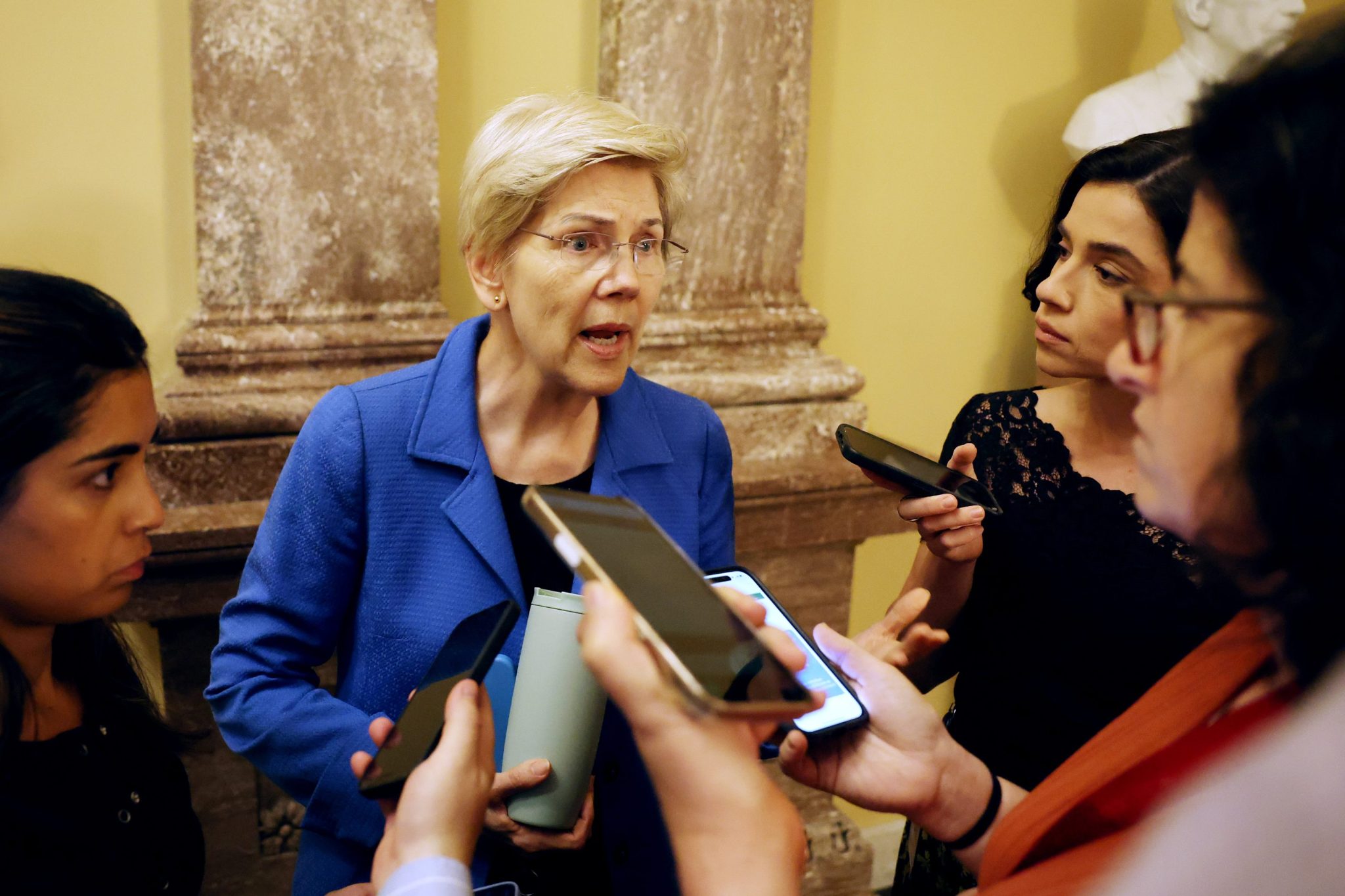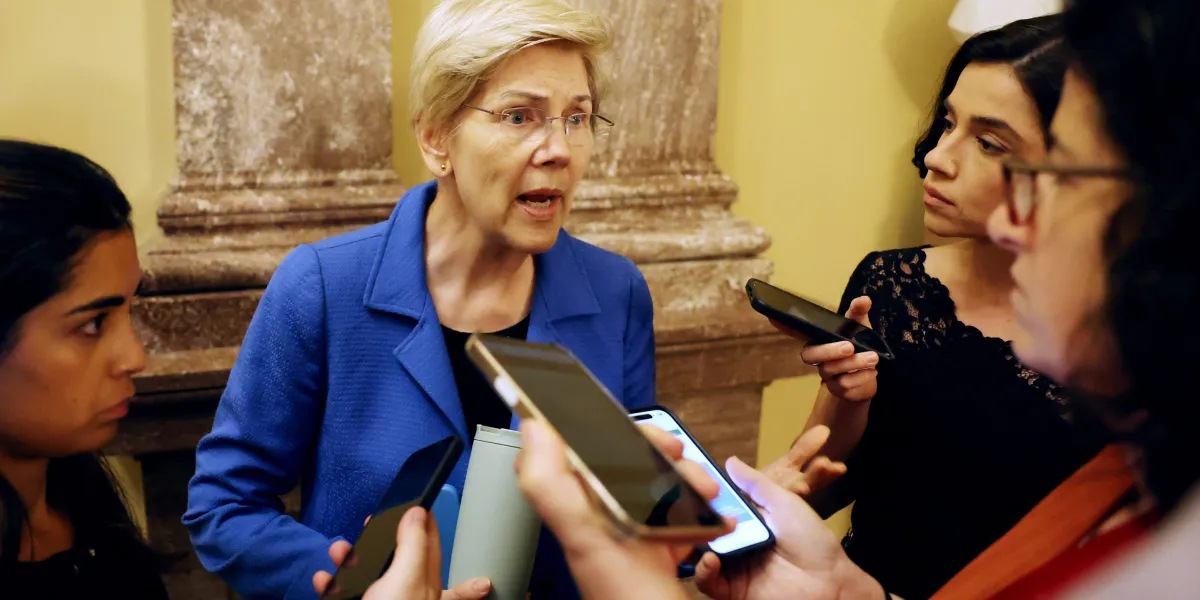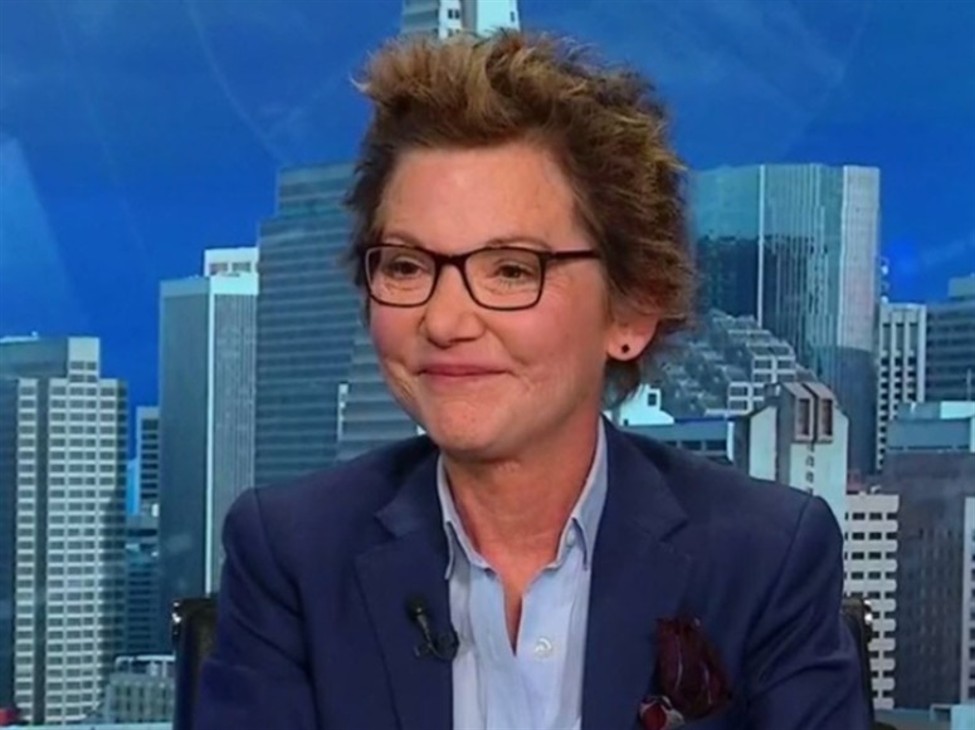
The United States directly purchased Argentine pesos on Thursday and finalized a $20 billion currency swap line with Argentina’s central bank, Treasury Secretary Scott Bessent said in a social media post, a rare move aimed at stabilizing turbulent financial markets in the cash-strapped Latin American ally.
“U.S. Treasury is prepared, immediately, to take whatever exceptional measures are warranted to provide stability to markets,” Bessent said, adding that the Treasury Department held four days of meetings with Argentine Economy Minister Luis Caputo in Washington D.C. to cement the deal.
Argentina’s libertarian President Javier Milei, a fervent admirer of U.S. President Donald Trump, thanked Bessent for his “strong support” and Trump for his “powerful leadership.”
“Together, as the closest of allies, we will make a hemisphere of economic freedom and prosperity,” Milei said in a social media post.
Bessent, under fire from U.S. farmers and Democratic lawmakers, has insisted that the credit swap is not a bailout. Farmers are angry about the idea of rescuing Argentina, whose own farmers have benefited from a recent gush of sales of soybeans to China at the expense of their U.S. counterparts. Lawmakers have pushed Trump to explain how this financial help aligns with his “America First” agenda.
After the announcement Thursday, a group of Democratic Senators introduced the “No Argentina Bailout Act,” which would stop the Treasury Department from using its Exchange Stabilization Fund assist Argentina.
“It is inexplicable that President Trump is propping up a foreign government, while he shuts down our own,” Democratic Sen. Elizabeth Warren of Massachusetts, said in a statement. “Trump promised ‘America First,’ but he’s putting himself and his billionaire buddies first and sticking Americans with the bill.”
It doesn’t help that repeated bailouts have failed to stabilize the crisis-stricken economy of Argentina. As the International Monetary Fund’s biggest debtor, it owes the global lender a staggering $41.8 billion.
Milei, a wild-haired far-right economist, came to office in late 2023 on the bold promise that this time would be different.
He vowed to take a chainsaw to reckless public spending that he inherited from his left-wing predecessor. But his radical austerity program has been painful, with no economic revival in sight and Argentines are losing patience.
Now Milei faces his greatest test yet as he heads into a midterm congressional election on Oct. 26 that could decide the fate of his free-market experiment. A disastrous defeat in local elections last month triggered a sudden exodus from Argentine assets as investors fretted over the country’s political dysfunction, overvalued peso and rapidly depleting foreign exchange reserves.
The U.S. financial help offers Milei a crucial reprieve. On Thursday, Argentina’s dollar-denominated bonds rose about 10% on Bessent’s confirmation of the credit line and the Buenos Aires stock market surged 15%.
Economy Minister Caputo expressed his “deepest gratitude” to Bessent following the announcement.
“Your steadfast commitment has been remarkable,” he wrote.
Bessent made no mention of any economic conditions attached to the swap line for Argentina, leading many observers to criticize the intervention as a pre-election reward for a loyal friend rather than an investment in a strategic partner.
_____
DeBre reported from Buenos Aires, Argentina.















